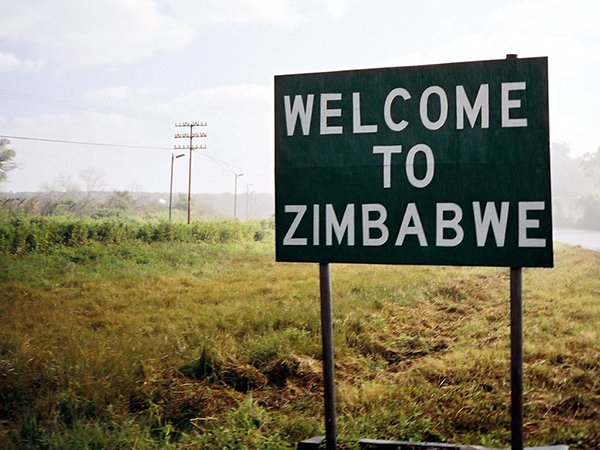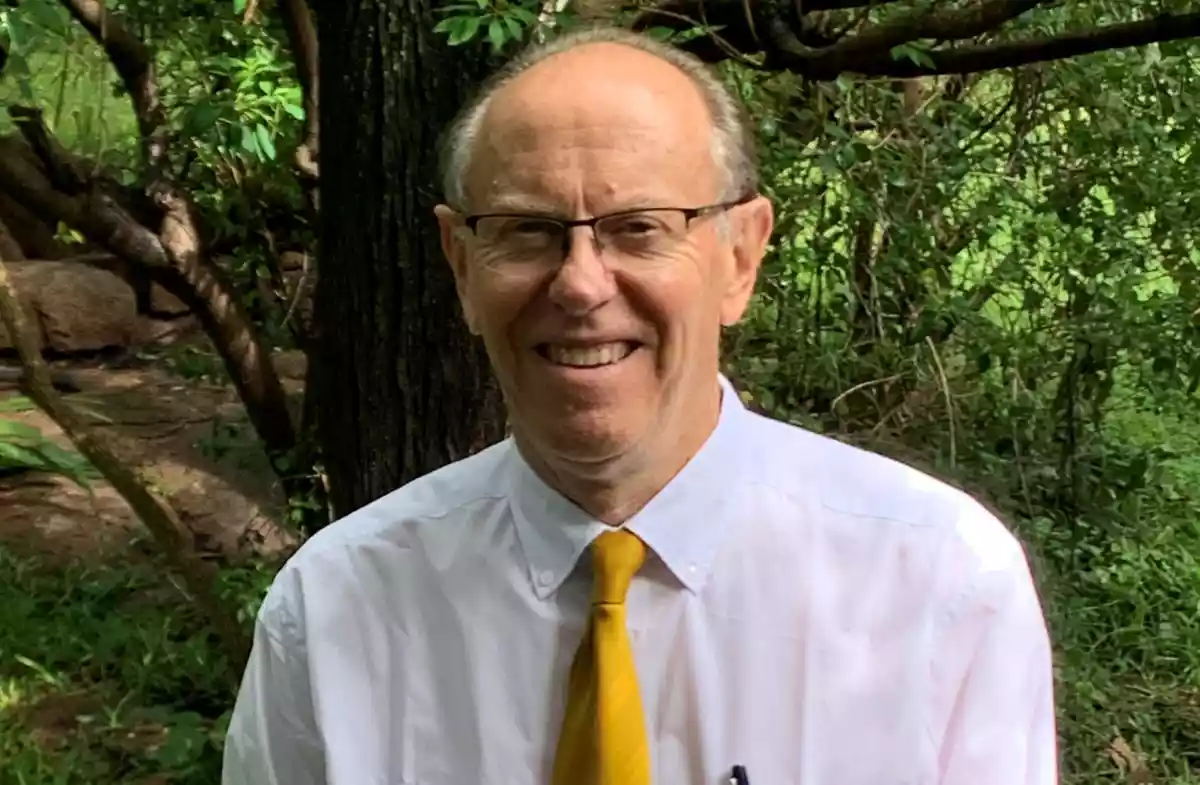
ZIMBABWE’S political and economic crisis is more than a crisis. It is a political and economic catastrophe.
By Joshua Mhambi
Disasters and calamities of this gigantic scale are usually natural, however ours is human engineered. Maybe because this political and economic crisis is largely our own making, we could refer to this debacle as a crisis.
My views on dealing with the Zimbabwean condition have usually taken a historical view of the situation tracing the steps that led us into this abyss. Why a historical approach?
The past determines the present and the present determines the future. We must never repeat the same mistakes as we strive to correct the current problems bedeviling the country. In as much as that perspective is relevant now, I shall not go far in history to explain this crisis, but to the immediate factors that ignited this conflagration.
At attainment of Zimbabwe’s independence in 1980 the politics of this country narrowed and power was usurped from the people and concentrated around a single majority group, a single ruling party and an all-powerful ruler.
The economy of the country and all state institutions, like state companies, colleges, the army, the police, trade unions, civic organisations, the media and even some churches were wired and entwined into the totalitarian system that had been crafted.
It means, therefore, that the continued existence of these institutions has to depend on the survival and fortunes of the ruling oligarchy. A turn of events for the government means a radiation of the effects to all these institutions that have been forced to be parasitic to the ruling regime.
- Chamisa under fire over US$120K donation
- Mavhunga puts DeMbare into Chibuku quarterfinals
- Pension funds bet on Cabora Bassa oilfields
- Councils defy govt fire tender directive
Keep Reading
The de facto one-party-system ushered in after the thorough bullying of PF-Zapu supporters and bribing and blackmailing of its leadership into signing the Unity Accord in 1987, cemented the totalitarian political system. The conditions of the Unity Accord are so humiliating and enslaving that part of the population feels subjugated and suffocated in their motherland.
Economic activities continue to be skewed in favour of the political power base thus creating resentment to the governing elite, which in turn grows very arrogant and too confident after its 1987 victory. Corruption is, therefore, escalated and the regime feels less need to be accountable to its populace once PF-Zapu, its former arch-rival was devoured.
The shortcoming of a “one-man-knows-all” system is that the system cannot renew itself or adapt meaningfully to changing conditions.
Actually, there is stagnation and retrogression as the party, the government and the whole system depends on the moods and tastes of one fallible human being.
This explains why the nation is overdosed with liberation war exploits notwithstanding that there is a loss of meaning in the claims. The war of liberation was fought well and good but we need to go beyond that and craft a future characterised by prosperity and freedom.
Under the above conditions division between the rich and the poor becomes too wide for comfort.
Any protest no matter how genuine is treated with contempt and punished heavily. The opposition and protest by college students was met with a heavy handed response from government.
Instead of dealing and with solving the problem, the labor movement was blamed for fanning the protests. Because ZANU-PF believes that it has succeeded in creating citizens who are Zombies, students could not feel the economic pressure and hunger that they were experiencing.
The same happened during the 1987 public protests when starving citizens were told that police are trained to shoot to kill and blame was equally shifted to some external force. Enter opposition political parties again it was not home grown but sponsored by outside forces. The past and current history of ZANU-PF attests to this tendency.
Ask Jonathan Moyo and his political misadventure of 2005 when he became an independent and got unceremoniously stripped of ministerial benefits. Joice Mujuru, Didymus Mutasa Themba Mliswa etc clear living examples of intolerance within the regime itself. With two blocks in society, those surviving on the system and those suffocated by the system, the former contemplates changing the society to suit its conditions while the latter plans to change the system altogether.
The point in all this narration is to first of all identity the source of our current problems and then work on solution with these causes in mind.
Furthermore it is for those of us in opposition to make sure that we do not repeat the same mistakes. This means that we must watch any manifestations individually and institutionally that would lead us in the same pitfalls. We must be the change that we want.
The next piece will dealing with the politics of Change.










